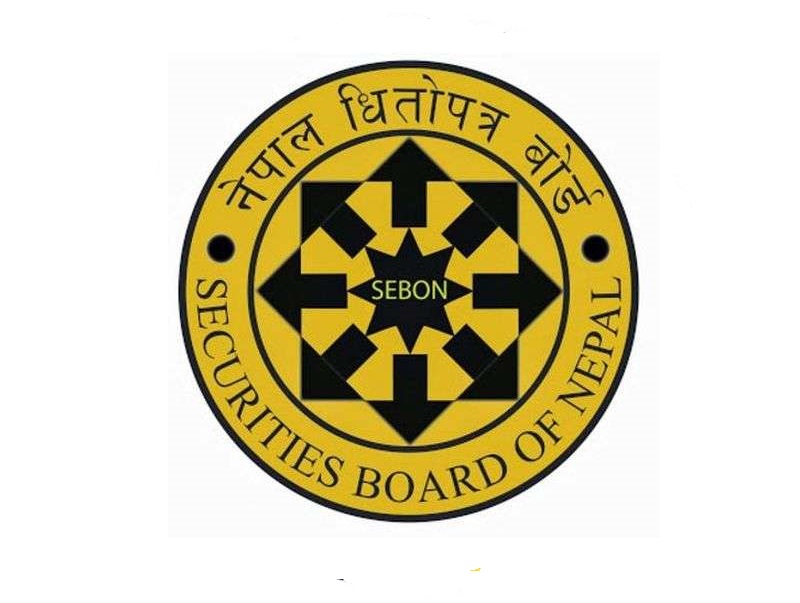The Finance Committee under the House of Representatives has reiterated its stance on the directive issued to the Securities Board of Nepal (SEBON), instructing it not to use company net worth as the primary basis for approving initial public offerings (IPOs). This marks the second time the committee has issued such directive, urging SEBON to proceed with IPO approvals even for companies whose per-share net worth falls below Rs 90.
The directive contrasts with an earlier order from the Public Account Committee (PAC), which in December 2023 instructed SEBON to withhold IPO approvals for firms with net worth below Rs 90 per share. SEBON has since been following PAC's instruction, effectively halting IPO approvals for companies failing to meet that threshold for the past 18 months.
Although PAC is yet to revoke its original directive, the Finance Committee maintains that SEBON should comply with its directives not PAC’s. Finance Committee Chairperson Santosh Chalise argued that SEBON operates within the jurisdiction of the Finance Committee, not the PAC. He emphasized that net worth alone should not be a disqualifying factor for IPO approval, asserting that current securities regulations do not mandate such a requirement.
Chalise stated the Finance Committee reissued the instruction after SEBON failed to implement the initial directive issued on May 26. The committee believes IPO decisions should be based on a broader set of criteria and not solely on net worth.
SEBON Chair Santosh Narayan Shrestha previously expressed frustration to lawmakers over conflicting directives from the two committees, saying they have created confusion and hindered decision-making.
Following the PAC’s December 2023 instruction, SEBON suspended the IPO approval process for 13 companies with net worth below the Rs 90 threshold and removed them from the IPO pipeline on May 19.
While the Finance Committee continues to push SEBON to disregard net worth as a standalone criterion, the PAC has recently requested updates on whether its instruction has been implemented. This ongoing jurisdictional disagreement between the two committees has left SEBON caught in a regulatory deadlock, delaying IPO approvals for several companies in the pipeline.












